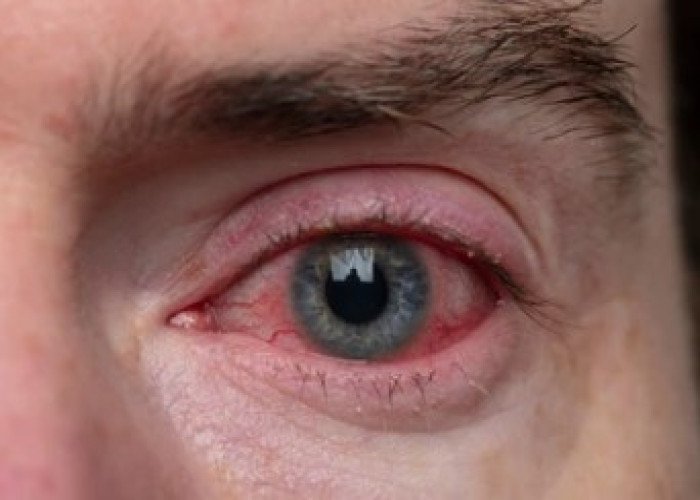 Welcome
Welcome
“May all be happy, may all be healed, may all be at peace and may no one ever suffer."
Anxiety - Homeopathic remedies
Anxiety is a natural response to stress, but it can also become a chronic and debilitating condition that interferes with daily life. Anxiety disorders are among the most common mental health conditions, affecting millions of people around the world. There are many types of anxiety disorders, including generalized anxiety disorder, panic disorder, social anxiety disorder, and specific phobias.
Symptoms of Anxiety:
Symptoms of anxiety can vary depending on the type of anxiety disorder, but they typically include:
- Excessive worry or fear about everyday situations
- Restlessness, irritability, or agitation
- Muscle tension or headaches
- Fatigue or exhaustion
- Difficulty concentrating or staying focused
- Difficulty falling or staying asleep
- Panic attacks (sudden episodes of intense fear or discomfort)
Causes of Anxiety:
The exact causes of anxiety disorders are not fully understood, but they are thought to be the result of a combination of genetic, environmental, and developmental factors. Some potential causes of anxiety include:
- Family history of anxiety or other mental health conditions
- Traumatic or stressful life events, such as abuse, neglect, or a major life change
- Chronic medical conditions or illnesses
- Substance abuse or withdrawal
- Brain chemistry imbalances or irregularities
Treatment of Anxiety:
Treatment for anxiety disorders typically involves a combination of medication, psychotherapy, and lifestyle changes. Medications such as antidepressants, benzodiazepines, or beta blockers may be prescribed to help manage symptoms of anxiety. Psychotherapy, such as cognitive-behavioral therapy (CBT) or exposure therapy, can help individuals learn coping skills and strategies to manage anxiety. Lifestyle changes such as exercise, stress management techniques, and a healthy diet can also be beneficial in reducing anxiety.
Prevention of Anxiety:
While there is no guaranteed way to prevent anxiety, there are steps individuals can take to reduce their risk of developing an anxiety disorder. These include:
- Seeking help for mental health issues as soon as symptoms arise
- Maintaining a healthy lifestyle with regular exercise and a balanced diet
- Avoiding substance abuse or addiction
- Developing coping strategies for managing stress and anxiety
- Participating in regular self-care practices such as meditation, mindfulness, or relaxation exercises
It is important to remember that anxiety disorders are treatable, and seeking help is the first step towards managing symptoms and improving quality of life.

Bleeding from nose

Injury

Eye injury

Sadness

Less hunger

Indigestion

Pale face

Unconsciousness
Anxiety, উদ্বেগ
To be happy, beautiful, healthy, wealthy, hale and long-lived stay with DM3S.

